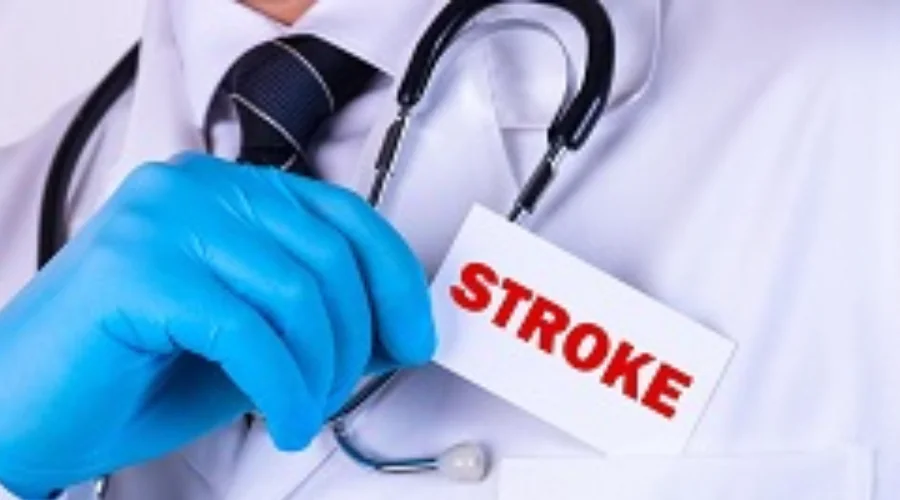
- 02 Jan
- 2023
Ilustrasi gambar (Shutterstock)
Dosen UM Surabaya Bagikan Tips Mengenali Gejala Stroke dan Cara Pencegahannya
Stroke is the number one cause of disability and the number two cause of death in the world after ischemic heart disease in both developed and developing countries.
Stroke is a loss of brain function caused by the cessation of blood supply to parts of the brain. This cessation is due to a disturbance in the blood vessels of the brain, namely non-traumatic cerebral circulation disorders.
Ira Purnamasari, a lecturer at the Faculty of Health Sciences (FIK) UM Surabaya, said that a stroke can happen to anyone and at any time, and must be handled quickly and appropriately.
According to him, the risk factors for stroke are hypertension (as the main risk factor), cardiovascular disease (heart problems), high cholesterol, obesity, diabetes, smoking, alcohol consumption, and drug abuse.
Ira explained that the signs and symptoms of a stroke can be identified by six things: first, an asymmetrical smile (turning to one side), choking, sudden difficulty swallowing drinking water.
Second, the movement of half of the limbs weakens suddenly. Third, speech is sluggish or suddenly can't speak or doesn't understand words or doesn't talk. Fourth, numbness or numbness or tingling in half of the body. Fifth, myopic or blurry vision or eyes occur suddenly. The six severe headaches that appear suddenly and have never been felt before, or the occurrence of disturbances in the balance function, such as feeling spinning, movements that are difficult to coordinate.
The main concept in stroke management is to provide specific treatment as soon as possible since the attack occurred.
"The golden period is a very valuable time for stroke management, which is less than 4.5 hours from the time signs and symptoms first appear until stroke treatment is carried out at the hospital," explained Ira Monday (2/1/23)
He emphasized that the patient must have arrived at the hospital in less than 2 hours, and the examination process until treatment takes a maximum of 2.5 hours. If it's too late for treatment or if it's been more than 4.5 hours, the stroke will become severe and even risk death or permanent disability.
In a written statement, Ira also shared ways to prevent strokes with clever behavior.
First, with regular health checks. The Center for Disease Control and Prevention (CDC) recommends having a medical check-up once a year.
Both get rid of cigarette smoke. Coronary arteries of the heart that are exposed to cigarette smoke can cause atherosclerosis, namely damage to the endothelial cells of blood vessels which results in cholesterol or fat deposits hardening and sticking to blood vessels, so that blood flow is interrupted, blocked or narrowed.
Third, diligent physical activity. Physical activity is divided into two, namely activities of daily life and exercise/exercise activities. The benefits of this physical activity are maintaining ideal body weight, preventing heart disease and diabetes, and improving heart, lung and muscle function.
The four balanced diet. Consuming foods that contain carbohydrates, fat, protein, fiber, vitamins, and minerals, also limit sugar consumption, limit salt consumption, and limit fatty foods.
Fifth enough rest. Age 18-40 years is recommended to sleep 7-8 hours / day. If less than that, it results in high blood pressure which is at risk of stroke and heart disease.
“Finally, manage stress. Managing stress can be done by talking about complaints with those closest to you, doing activities according to your interests, praying, thinking positively, and relaxing," concluded Ira.










(0) Comments